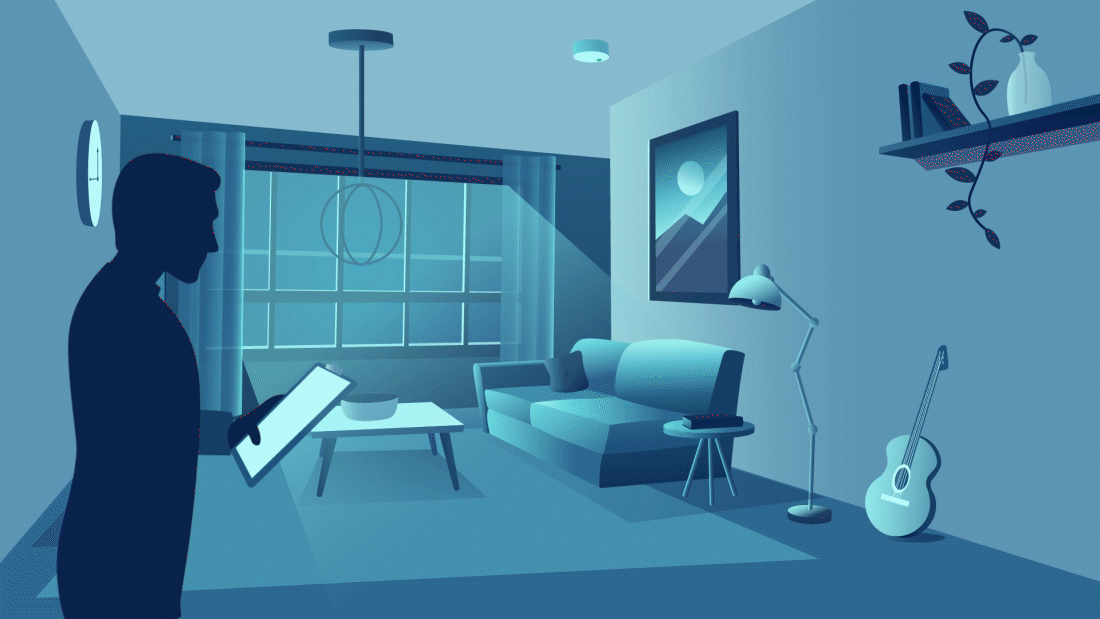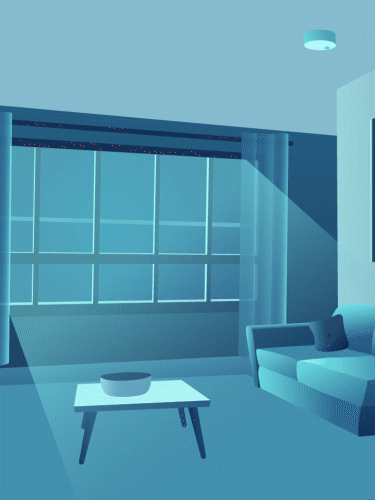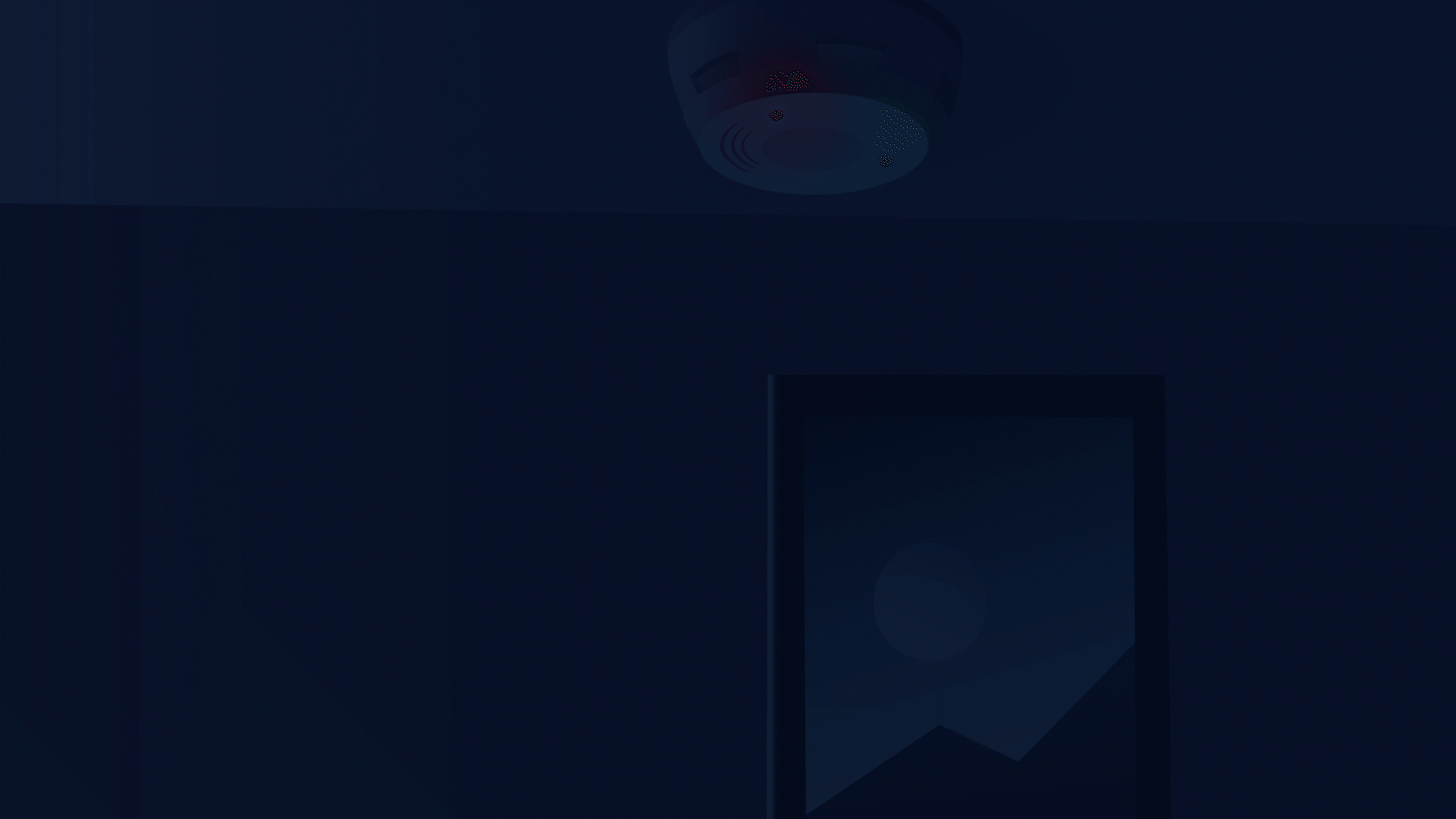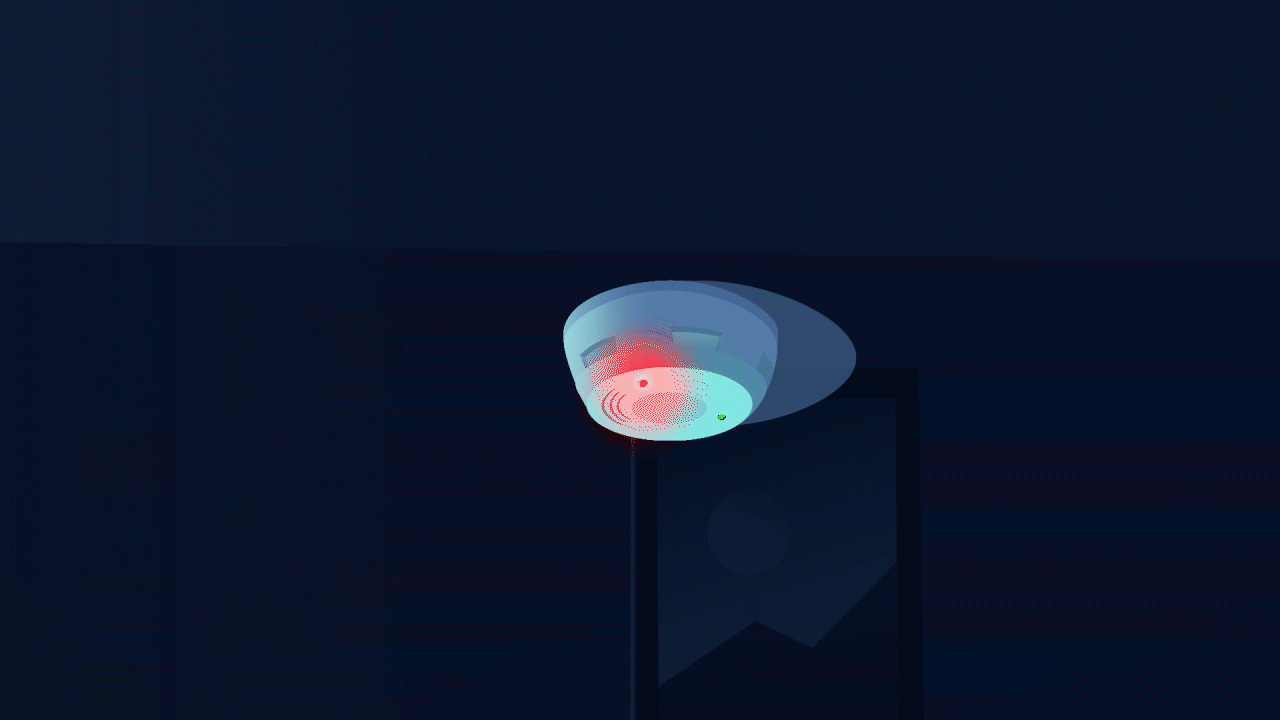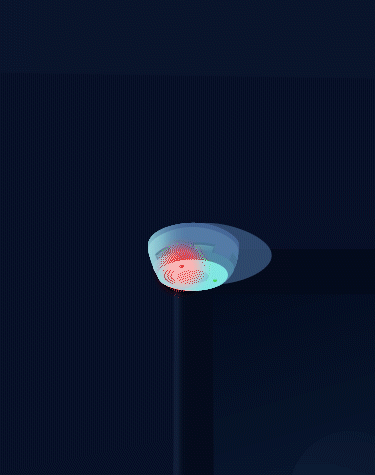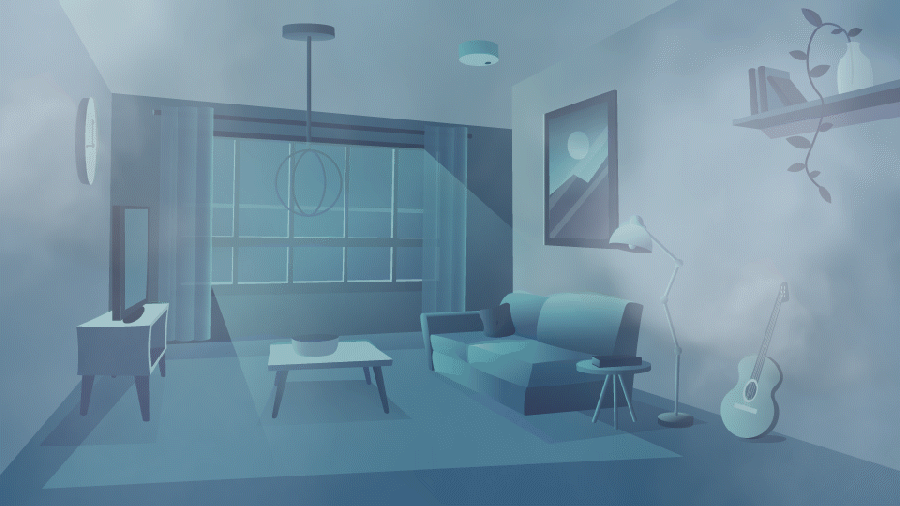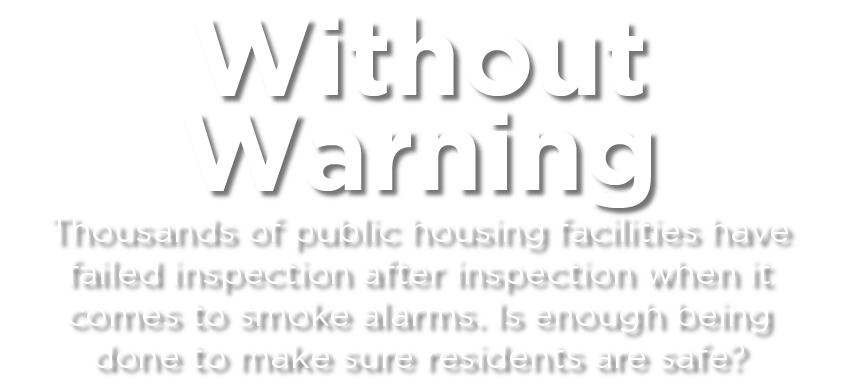HUD Secretary promises overhaul of "concerning" inspection system after repeated housing complex smoke detector violations
Hundreds of government-subsidized residential complexes in the Chicago area have been cited at least once for smoke detector problems during inspections, according to an analysis of a several year snapshot of federal data by the ABC 7 I-Team and ABC Owned Television Stations.
During the timeframe analyzed for this news report, inspectors found smoke detector problems at 331 federally-funded properties at least once and at 142 properties at least twice. Thirty-five properties were cited for smoke detector problems three times, according to the data.
Among those is Indian Trails Apartments on Chicago's far Southeast Side, which was cited for smoke detector and life-threatening conditions during three of its inspections, most recently in September 2019.
Indian Trails resident Lundynn Williams said she is surprised about her building's inspection history.
"That's not safe and all, there's a lot of kids in the building and you don't know if some kids stay here while their parents go to work. It's definitely not safe," Williams told the I-Team.
Boarded up windows still mark the extensive damage at part of the Indian Trails complex where a fire broke out last August. Indian Trails is a privately managed complex that receives HUD subsidies. Building management did not respond to an I-Team request for comment.
The analysis of U.S. Department of Housing and Urban Development data shows that 50 Chicago Housing Authority managed properties failed smoke detector inspections at least once between March 2014 and March 2018. 15 failed twice, and seven failed three times during that timeframe. HUD-published inspection data reviewed for this report appears not to include some CHA buildings. In a statement issued Monday, CHA spokespeople told the I-Team CHA "maintains full compliance with HUD rules and addresses broken or deficient equipment within 24 hours, reporting all repairs to HUD."
The ABC 7 I-Team also has found that HUD inspection guidelines are routinely unmet for follow-up safety inspections after smoke detector citations. But, a lack of follow up by HUD inspectors leaves some repeatedly-cited properties without a follow-up check for years. Federal authorities consider smoke detector failures to be life-threatening safety issues that require urgent repairs.
Last fall, an I-Team investigation found that the likelihood of injury or death in a fire is increasing. Experts said new furniture and building materials burn quicker and emit noxious chemical smoke, cutting the time you have to escape a fire to just three minutes. Our investigation also showed a surprising lack of smoke detectors across Illinois, with almost half of homes that experienced fires lacking a working smoke detector. See that story here.
In a television interview for this report with ABC station WTVD, HUD Secretary Ben Carson says that the agency is in the midst of a review and overhaul of its inspection system. "Over the past decades, it simply has not been adequate," he said. "That's what has been concerning to me."
According to the HUD inspection data analysis of the 142 Chicago-area properties cited at least twice for smoke detector problems, HUD inspectors were late for follow-up inspections at 127 of them. That means inspectors did not revisit 89% of properties with a previous smoke detector citation by the re-inspection deadline required by HUD.
The Urban Institute's Dr. Susan Popkin is an expert in HUD funded housing and the CHA. She says the inspection data for both public housing and private housing that receives HUD assistance shows management concerns. "I think that's the fundamental problem is that you have HUD here in D.C. that's overseeing all of those buildings through their field office in Illinois, they're overseeing multiple landlords," said Popkin. "Getting people out to do those inspections and keep up with them is a real problem," he continued.
While the I-Team is unable to determine the current smoke detector status of any of the properties because up-to-date figures are not available from the government, HUD's incomplete follow-up inspections are well-documented in the snapshot of the data that was analyzed for this report. Eighty-four percent of all Chicago area HUD-scrutinized properties had at least one overdue federal inspection during this inspection snapshot. It's unknown how many Chicago-area HUD inspections are currently overdue.
A spokesperson for the local HUD office said "HUD recommends that Assisted Housing Residents not disturb their smoke detector while they are residing at their residence and also that they alert property management if the smoke detector goes off which may indicate a battery issue or to alert management if it is not functioning properly."
The inspection data HUD has published for public housing authority complexes in the Chicago area covers a period from the start of 2014 through November 7, 2018. For the CHA's complexes specifically, the data includes inspections dated from March 2014 to March 2018. The inspection data HUD has published for private properties across the region runs from the beginning of 2014 through Dec. 27, 2019. In some cases identified by the I-Team, complexes which were cited for smoke detector failures during these timeframes have undergone more recent inspections or renovations to their fire safety systems that were not reflected in this analysis.
Across the country, records show that more than 1 million Americans are living in federally-funded housing complexes where inspectors have found there were not enough working smoke detectors.
In thousands of those complexes, the problems showed up on inspection after inspection.
ABC Owned Television Stations obtained and analyzed records from every published federal government inspection of subsidized housing since 2014 and found more than 11,000 complexes nationwide cited for missing, broken or otherwise inadequate smoke alarms.
That is 41% of all complexes run by public housing authorities or private landlords who get subsidies from taxpayers across the country. Many are home to elderly and disabled residents.
The problem in some cities was worse. Half or more of the complexes in New York, Houston and Chicago had been cited for not making sure smoke detectors were in place and working. In the suburbs of Bayonne, Newark and Jersey City in New Jersey, it was two-thirds of properties.
At more than 4,000 low-income housing sites nationwide, the ABC stations' exclusive data analysis reveals inspectors found smoke alarm problems on more than one inspection from 2014 through 2019.
The data analysis also found:
- At three of every four public housing complexes where inspectors discovered smoke detector problems, the inspectors also reported other dangers they considered "life-threatening" such as electrical hazards and blocked fire exits. At more than 8,000 facilities, life-threatening dangers showed up on multiple inspections.
- Despite knowing about smoke alarms and other safety problems, government inspectors returned to inspect properties months or even years behind schedule. About 90% of complexes with smoke alarm problems were inspected late, based on HUD's rules.
- Among the public housing facilities cited for smoke alarm problems were more than 2,800 complexes serving the elderly and 775 more serving disabled residents.
The federal government posts all of its inspection scores and some details about deficiencies - such as smoke detector problems - on HUD's public website and updates the records regularly. The most recently published data listing the inspection scores, which ABC reviewed, is current through 2019 for the vast majority of properties. In some states, the latest inspections published for public housing authorities were in 2018.
The investigation did not find problems with the smoke alarms or their manufacturers. Many of those companies work year in and out with fire departments and volunteer groups to give away detectors to anyone who needs them.
Rather, the investigation focused on the federal government's failure to make sure owners - whether they are public housing authorities or private landlords who receive federal subsidies - ensure their properties meet federal safety standards. That includes making sure smoke alarms are in place and working.
The federal rules say owners must install detectors in every home or apartment and check back regularly to make sure they work. That includes replacing batteries, which the rules say is among the owners' responsibilities. Owners also must set rules forbidding tenants from disabling smoke alarms.
Owners who don't follow federal guidelines can be penalized. For example, private landlords can lose the government money they're getting for providing safe housing.

